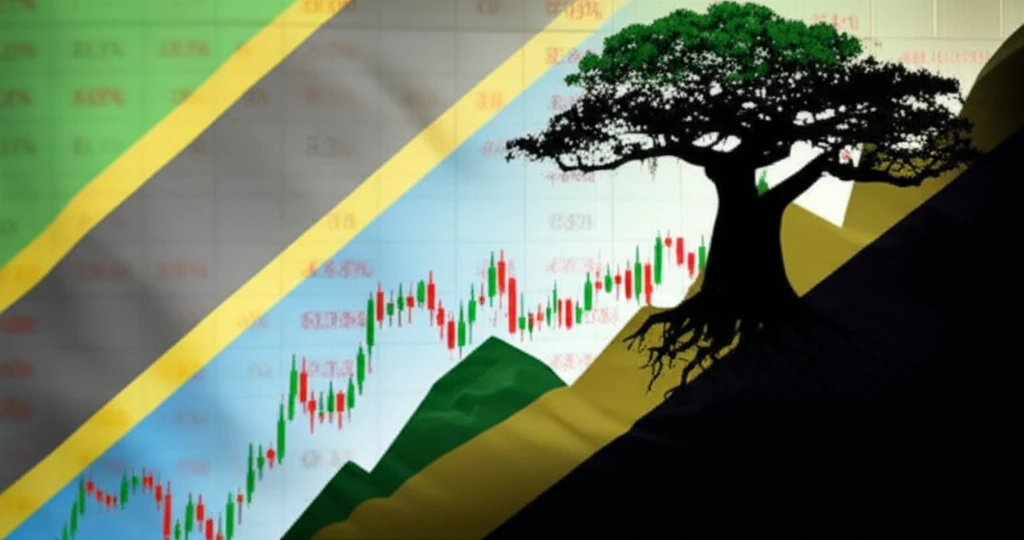
Tanzania's Stock Market: Decoding Price Discovery & Memory Effects
"Is the Dar es Salaam Stock Exchange efficient? Uncover the hidden dynamics, challenges, and opportunities within Tanzania's emerging financial landscape."
The stock market plays a vital role in facilitating price discovery, where the interactions between buyers and sellers determine the price of stocks. Ideally, this process should be dynamic, allowing prices to quickly adjust to new information. However, various factors can influence the efficiency of price discovery, especially in emerging markets.
In Tanzania, the Dar es Salaam Stock Exchange (DSE) presents a unique case study. While the DSE aims to connect investors with opportunities in the country's growing economy, its effectiveness is shaped by market characteristics like transaction costs, liquidity, and investor behavior. Understanding these dynamics is crucial for investors, policymakers, and anyone interested in the development of African financial markets.
This article delves into the complexities of price discovery at the DSE, drawing upon a research paper that examines market efficiency in relation to its dynamics and deterministic market features. By analyzing the All Sector Index (ASI), we'll uncover evidence of inefficiencies, explore the factors contributing to these challenges, and discuss the implications for market participants.
Decoding Price Discovery: Is the DSE Efficient?

The research indicates evidence of inefficient price discovery at the DSE, suggesting that the ASI does not always follow a random walk. This means that past price movements can, to some extent, predict future price movements, which contradicts the idea of a perfectly efficient market where prices instantly reflect all available information. Several structural shifts, or moments of change, further contribute to this inefficiency.
- Inactive Trading: Limited trading activity reduces the flow of information and hinders price adjustments.
- Illiquidity: Difficulty in buying or selling shares quickly without significantly impacting the price.
- Dependence on Foreign Investors: Heavy reliance on foreign investment can create volatility and instability.
- Dividend Focus: Investors prioritizing dividends over capital gains limits trading activity and price discovery.
- Uncompetitive Brokerage: Lack of competition among brokers can stifle innovation and efficiency.
- Alternative Investments: Government securities offering attractive returns divert investment from the stock market.
Looking Ahead: Strengthening Tanzania's Stock Market
The findings of this research hold significant implications for market participants and policymakers at the DSE. Addressing the challenges of inactive trading, illiquidity, and investor behavior is crucial for fostering a more efficient and vibrant stock market. By implementing measures to stimulate competition, attract local investors, and improve market transparency, the DSE can unlock its potential as a valuable engine for economic growth in Tanzania. Further research is needed to achieve conclusive inferences, as well as profound investigations.
